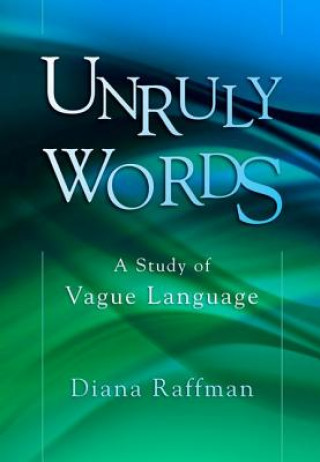
Code: 02514413
Unruly Words
by Diana Raffman
Vague words, like "tall," "rich," and "old," lack clear boundaries of application: no clear line divides the tall people from the above average, or the old people from the middle-aged. Because they lack clear boundaries, these ord ... more
- Language:
 English
English - Binding: Hardback
- Number of pages: 240
Publisher: Oxford University Press Inc, 2014
- More about this

You might also like
-
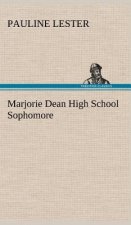
Marjorie Dean High School Sophomore
48.57 € -

Navy Boys Behind the Big Guns Sinking the German U-Boats
30.98 € -

100 Great Children's Picturebooks
51.95 € -

Where the Stars Rise
18.91 € -1 % -

Computational Electrodynamics
113.73 € -

Chalk Art Handbook
18.71 € -12 % -
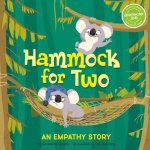
Hammock for Two: An Empathy Story
8.38 € -19 %
Give this book as a present today
- Order book and choose Gift Order.
- We will send you book gift voucher at once. You can give it out to anyone.
- Book will be send to donee, nothing more to care about.
More about Unruly Words
You get 245 loyalty points
 Book synopsis
Book synopsis
Vague words, like "tall," "rich," and "old," lack clear boundaries of application: no clear line divides the tall people from the above average, or the old people from the middle-aged. Because they lack clear boundaries, these ordinary words cause logical and semantic problems in various disciplines including philosophy, decision theory, and the law. Philosophers and linguists have proposed several theories of vagueness to handle these difficulties, but none has been widely accepted. Raffman contends that virtually all previous treatments of vagueness have made two crucial mistakes: they have supposed that a semantic (non-epistemic) theory must abandon bivalence, and they have paid insufficient attention to the character of ordinary speech using vague words. She develops a new theory of vagueness-the multiple range theory-that corrects both of these errors. The new theory begins with the observation that ordinary speakers seem to apply vague words in multiple arbitrarily different but equally competent ways, even when all contextual factors are held fixed. Raffman interprets this feature of their use as evidence of multiple ranges of application in the semantics of vague words, where a range of application is a range of properties whose instances satisfy the word in question; for example, a range of application of "tall" is a range of heights, a range of "old" a range of ages, and so forth. The fundamental idea is that a vague word has multiple ranges of application, and applies to things relative to those ranges, even given a single fixed context. The fact that the ranges of a vague word are arbitrarily different-there is no reason to favor any particular one-is key to solving the notorious sorites paradox. The multiple range theory preserves bivalence and is more intuitive than other approaches. It is also simpler; for instance, it has no need of a definiteness operator, and it rules out the possibility of higher-order borderline cases, both of which introduce severe complications into other accounts. Some of the evidence Raffman draws upon in constructing her theory comes from a new psychological study of the way ordinary speakers actually use vague words.
 Book details
Book details
Book category Books in English Language linguistics Philosophy of language
98.90 €
- Full title: Unruly Words
- Author: Diana Raffman
- Language:
 English
English - Binding: Hardback
- Number of pages: 240
- EAN: 9780199915101
- ISBN: 0199915105
- ID: 02514413
- Publisher: Oxford University Press Inc
- Weight: 402 g
- Dimensions: 214 × 149 × 23 mm
- Date of publishing: 23. January 2014
Trending among others
-
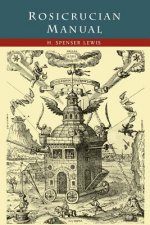
Rosicrucian Manual
14.62 € -
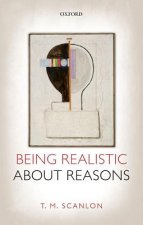
Being Realistic about Reasons
30.06 € -
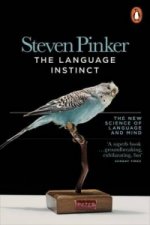
Language Instinct
14.41 € -23 % -
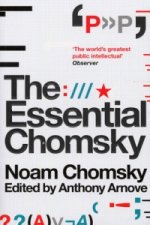
Essential Chomsky
21.98 € -23 % -

Practice Makes Perfect English Articles and Determiners Up Close
13.18 € -19 % -

Making the Social World
11.45 € -28 % -
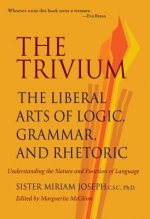
Trivium
19.83 € -2 % -
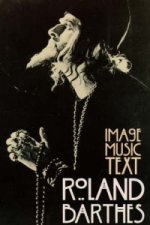
Image Music Text
12.37 € -15 % -
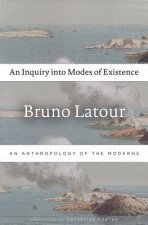
Inquiry into Modes of Existence
34.56 € -9 % -

Constructing the World
83.56 € -5 % -
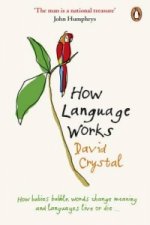
How Language Works
13.49 € -28 % -
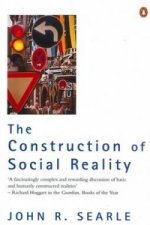
Construction of Social Reality
13.49 € -28 % -
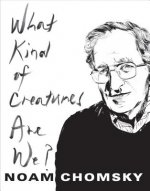
What Kind of Creatures Are We?
14.31 € -12 % -
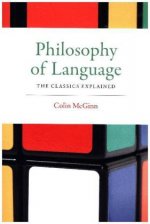
Philosophy of Language
37.73 € -17 % -
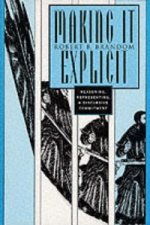
Making It Explicit
55.33 € -5 % -
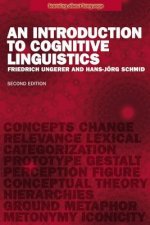
Introduction to Cognitive Linguistics
85.70 € -
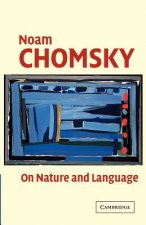
On Nature and Language
55.12 € -
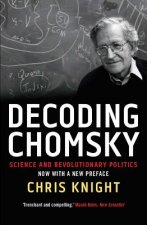
Decoding Chomsky
11.75 € -48 % -
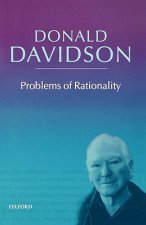
Problems of Rationality
63.81 € -
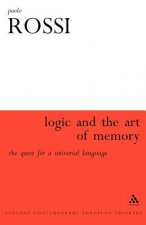
Logic and the Art of Memory
135.92 € -
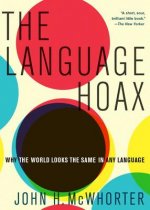
Language Hoax
14.41 € -16 % -
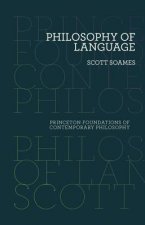
Philosophy of Language
25.36 € -6 % -
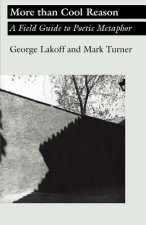
More than Cool Reason
33.03 € -
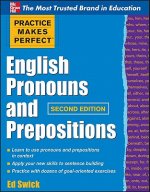
Practice Makes Perfect English Pronouns and Prepositions, Second Edition
15.64 € -14 % -
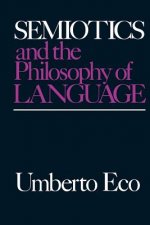
Semiotics and the Philosophy of Language
24.95 € -1 % -
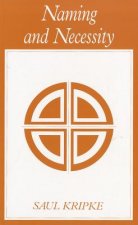
Naming and Necessity
26.48 € -28 % -
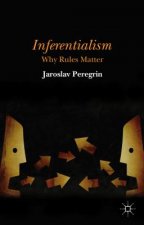
Inferentialism
155.87 € -

Latin
32.11 € -
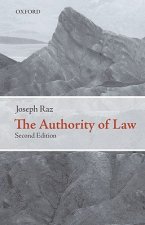
Authority of Law
55.12 € -
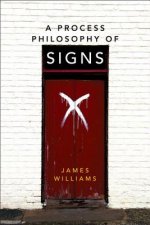
Process Philosophy of Signs
32.93 € -
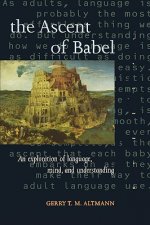
Ascent of Babel
92.97 € -
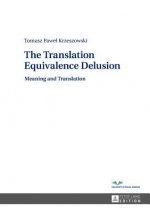
Translation Equivalence Delusion
102.07 € -
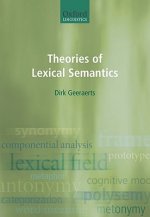
Theories of Lexical Semantics
64.02 € -
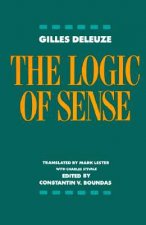
Logic of Sense
22.80 € -19 % -

Philosophy of Language
56.65 € -
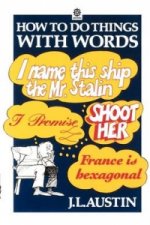
How to Do Things with Words
56.65 € -

Critical Introduction to the Philosophy of Language
59.93 € -
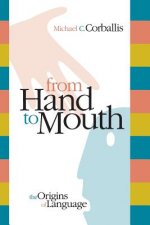
From Hand to Mouth
44.07 € -
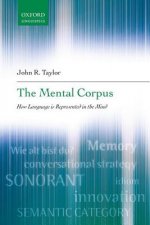
Mental Corpus
58.80 € -

Ontology after Carnap
111.79 € -
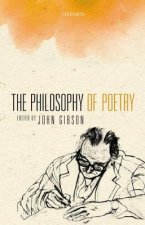
Philosophy of Poetry
112.40 € -
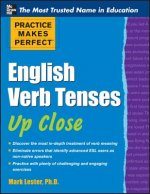
Practice Makes Perfect English Verb Tenses Up Close
18.09 € -15 % -
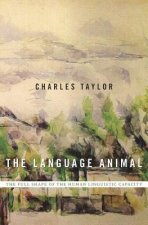
Language Animal
35.48 € -1 % -
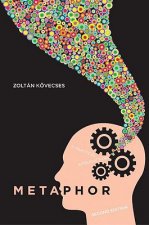
Metaphor
49.70 € -
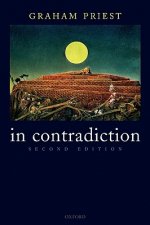
In Contradiction
83.66 € -
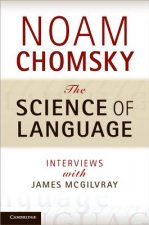
Science of Language
33.74 € -
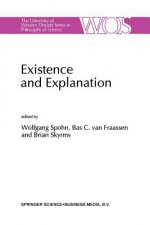
Existence and Explanation
188.91 € -
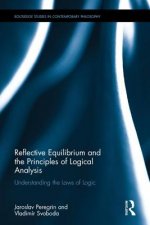
Reflective Equilibrium and the Principles of Logical Analysis
225.73 € -
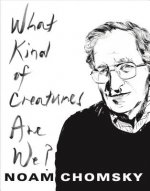
What Kind of Creatures Are We?
21.26 € -4 %
Collection points Bratislava a 2642 dalších
Copyright ©2008-24 najlacnejsie-knihy.sk All rights reservedPrivacyCookies



 15549 collection points
15549 collection points Delivery 2.99 €
Delivery 2.99 € 02/210 210 99 (8-15.30h)
02/210 210 99 (8-15.30h)